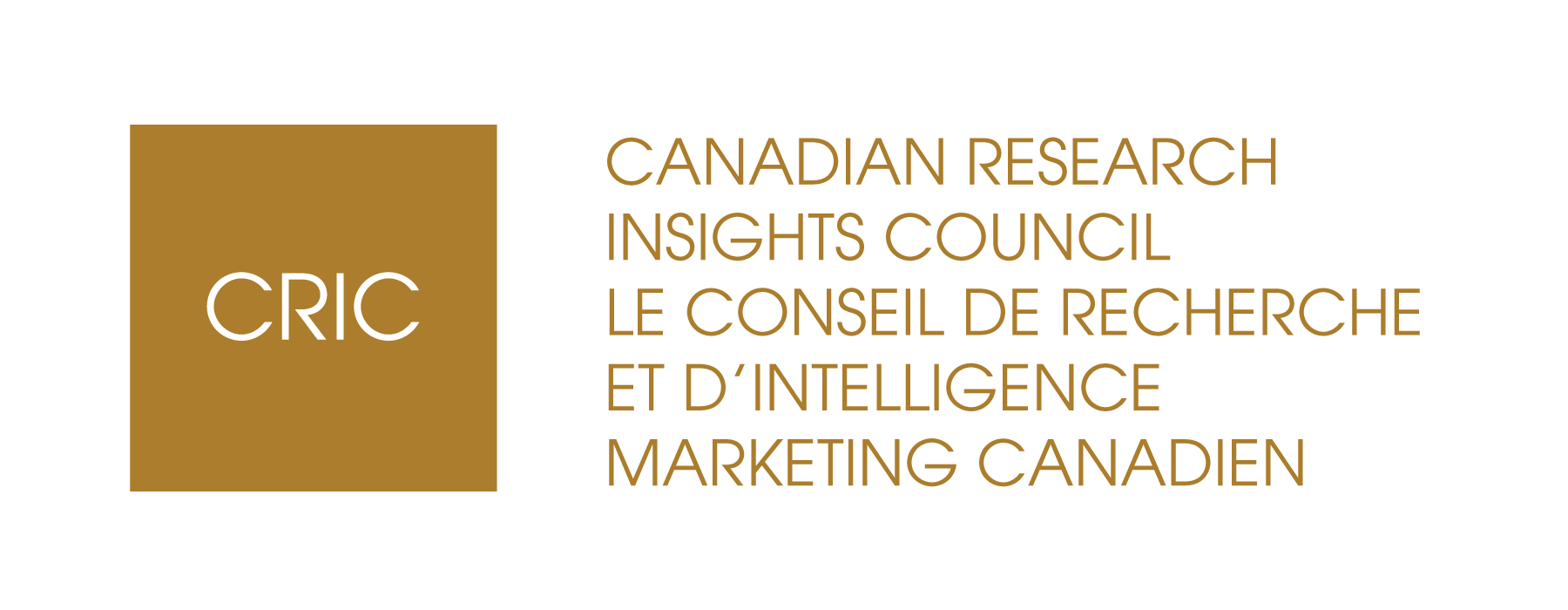On December 13, 2018, Parliament adopted Bill C-76, the Elections Modernization Act, which aims to increase transparency of third party and foreign entity involvement in the electoral process. Among a number of sweeping changes to the Canada Election Act, Bill C-76 introduces two significant provisions: (1) new spending and reporting rules for third parties and political parties, and (2) tighter restrictions on political interventions by foreign entities.
The Act contains many new provisions related to election surveys. What does that mean for survey research firms? The quick answer to the question above is that Bill C-76 will have a minor impact for CRIC members conducting election surveys sponsored by parties not actively involved in organizing and carrying out partisan activities, such as election advertising, rallies and door-to-door canvassing.
An important point to emphasize here is that the Act makes a distinction between a traditional “election survey” and “election surveys conducted by, or caused to be conducted by, a third party[1].”
If it’s the former – election surveys – survey research firms will need to comply with a few new requirements around transparency and the Voter Contact Registration. For example, calling service providers will now need to keep, for a three-year period, a list of every telephone number called during the election period. As well, sponsors of election surveys will be required to keep published surveys available on a webpage for the entire election period.
However, if an election survey is conducted or sponsored by a third party engaging in partisan activities, then several new requirements apply to that third party. The test is whether that third party is using the survey results to inform their decisions around partisan activities and advertising.
While spending rules for third parties and political parties is not new under the old Act, one of the big changes with Bill C-76 is that it extends spending and reporting requirements to cover a “pre-writ” period. For the upcoming federal elections on October 21, this new pre-writ period kicks in on June 30 and ends when the writ is dropped.
Starting June 30, therefore, third parties engaging in partisan activities, advertising, and election surveys will need to register these activities, both during the pre-writ period and once the elections are officially underway.
C-76 also includes new provisions to counter foreign influence and online disruption in election periods. New provisions prohibit foreign entities from spending any money to influence elections, including the funding of third parties to engage in partisan activities, advertising, or election surveys. For added transparency, the largest online platforms will also be required to maintain registries of political advertisements shown on their platforms.
CRIC members that conduct election surveys should familiarize themselves with the amended Act to get a better understanding of any new requirements —both for themselves and more specifically for the sponsors of their surveys. While there will be a little more onus on research firms than before, the Elections Modernization Act is aligned with industry standards around the transparency of polling and will contribute to a stronger democracy.
Resources:
● Government of Canada passes Elections Modernization Act
Election Modernization Act (excerpt from Bill C-76)
S222(3): Section 349 of the [Canada Elections] Act is amended by adding the following:
election survey means an election survey that is conducted by, or caused to be conducted by, a third party — a person or group other than a political party that is registered under an Act of a province — during a pre-election period or an election period and whose results the person or group takes into account
(a) in deciding whether or not to organize and carry out partisan activities or to transmit partisan advertising messages or election advertising messages; or
(b) in their organization and carrying out of those activities or their transmission of those messages.
partisan activity means an activity, including canvassing door-to-door, making telephone calls to electors and organizing rallies, that is carried out by a third party — a person or group other than a political party that is registered under an Act of a province — and that promotes or opposes a registered party or eligible party or the election of a potential candidate, nomination contestant, candidate or leader of a registered party or eligible party, otherwise than by taking a position on an issue with which any such party or person is associated. It does not include election advertising, partisan advertising or a fundraising activity.
[1] A third party means a person or group other than a registered political party or association, a candidate or nomination contestant. It can include a business, a union, interest groups, etc.
About CRIC
CRIC’s mandate is to develop and approve market research standards, best practices and support programs; provide effective promotion and advocacy for the market research and insights industry; serve as a source of information for the industry; and be a forum for collective industry action.
For more information, visit www.canadianresearchinsightscouncil.ca, or contact John Tabone at john.tabone@canadianresearchinsightscouncil.ca.
Contact Us
For more information, contact John Tabone, Interim Chief Administrative Officer:
